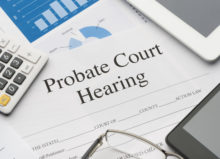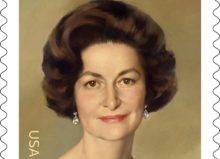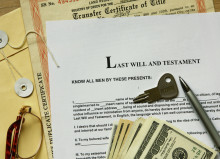What to do When a Will is Lost

When Sophronia Washington died, her Will was nowhere to be found.[1] She owned a tract of land in Alachua County with several children and grandchildren as heirs. One of her sons, Albert, was the sole beneficiary of the missing Will.
What happens when a Will is missing?
If a Will cannot be found when the testator (the person who made the Will) dies, the presumption of the court is that if the Will was known to have been executed and if the testator was known to maintain possession of the Will, then the testator destroyed the Will with the intent of revoking it. In other words, there is no Will. However, if that presumption can be overcome, and the Will is believed to still exist but cannot be located, that Will is deemed as “lost”.
Florida law has rules for establishing a lost Will. Any interested person—a family member of the deceased or someone who is a beneficiary of the instrument—may establish the full and precise terms of the Will. However, the person wishing to establish the Will bears the burden of proving that the Will was not destroyed but lost. Once that burden is met, the contents of the Will must be clearly and distinctly proven by the testimony of disinterested witnesses. A witness is disinterested if they have no stake in the outcome.
Proving the contents of the Will can be done in one of two ways. First, if there is no copy of the Will, the contents can be proven through the testimony of two disinterested witnesses. The witnesses must testify, and their testimony must be transcribed and filed. The witness’s testimony will serve as evidence if the Will is ever contested. Alternatively, the interested person may submit a correct copy of the Will and support that copy with the testimony of only one disinterested witness.
What is a “correct copy”?
The Supreme Court of Florida has said that a correct copy is an identical copy to the original Will. This means a copy of the Will after it was properly signed and witnessed. Anything else is considered a draft. That means an unsigned copy, which is otherwise identical in every way to the original Will, is a draft. The Supreme Court of Florida specifically ruled that a draft is not a copy and requires two disinterested witnesses.
How does the court treat a petition to establish a lost Will?
A proceeding to probate a lost Will is adversarial. An adversarial proceeding means that there are two different sides to a case: a plaintiff versus a defendant, me against you. Usually, when a properly executed Will is produced, the court proceeds peacefully unless someone objects or complains. However, when a Will is missing and someone is trying to establish it, the court automatically assumes contention already exists. Adversarial proceedings usually take longer to resolve and incur a greater cost to the parties involved.
An ounce of prevention is worth a pound of cure
It is so much easier to protect testamentary documents at all times and prevent their loss or destruction. Options include fire-proof storage (like a safe) or a safe-deposit box at the bank.
If you discover that your Will has been lost or has been damaged, create a new one. Like replacing a lost or stolen credit card, a properly created new Will cancels the old one out and becomes the ruling document. If it has been a while since the Will was created, it may be a good idea to create a new one anyway. There may have been significant changes to your family structure and your financial portfolio in the intervening years.
Finally, don’t forget communication! The best method of preserving your wishes after you pass is to communicate them while you are still here. The more people know what you want to happen after you pass, the better prepared your loved ones are. Loved ones that are prepared are less likely to create the kind of contention that leads to adversarial proceedings.
Conclusion
So, what happened with Albert Washington? First, he had the burden of proving that Sophronia’s Will was lost, not destroyed. Once that was accomplished, he then had to prove what the Will contained. To accomplish that, he found two disinterested witnesses (neighbors) that testified as to Sophronia’s wishes and the contents of her Will. It was a long battle, but in the end, the court found that Albert satisfied his burden and ruled in his favor.
[1] In re Washington’s Estate, 56 So. 2d 545 (Fla. 1952).























